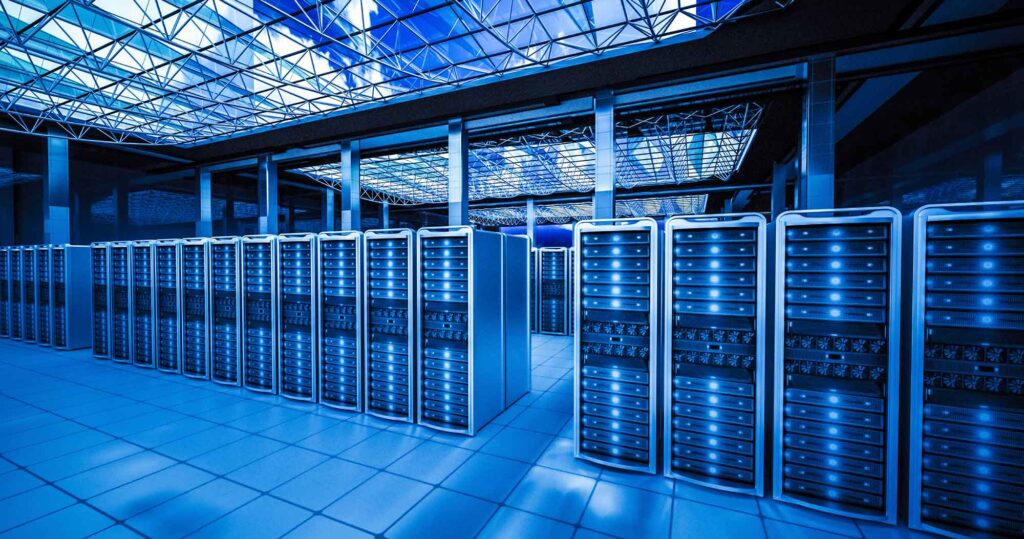Data centers are physical facilities that house computer systems, servers, storage devices, networking equipment, and other components that support the storage, processing, management, and distribution of data. They provide the infrastructure necessary for organizations to store and manage their digital assets securely and reliably. Data centers play a critical role in supporting the digital infrastructure of organizations across various industries, including finance, healthcare, e-commerce, and cloud services. Their reliability, security, and scalability are essential for businesses to operate effectively in the digital age.
Data center solutions can be classified into various categories based on their purpose, infrastructure, deployment models, and service models. Here’s an overview of the common classifications of data center solutions:
1. On-Premises Data Centers:
On-premises data centers are owned and operated by the organization within their own premises. They require dedicated physical infrastructure, including servers, networking equipment, storage devices, and cooling systems. On-premises data centers offer complete control and customization but require significant upfront investment and ongoing maintenance.
2. Colocation Data Centers:
Colocation data centers are third-party facilities where organizations can rent space to house their own servers and networking equipment. The colocation provider manages the physical infrastructure, including power, cooling, and connectivity. Organizations benefit from the provider’s infrastructure while retaining control over their hardware and data.
3. Cloud Data Centers:
Cloud data centers are virtualized environments that provide scalable and on-demand computing resources over the internet. Cloud service providers, such as Amazon Web Services (AWS), Microsoft Azure, and Google Cloud, offer Infrastructure-as-a-Service (IaaS), Platform-as-a-Service (PaaS), and Software-as-a-Service (SaaS) solutions. Cloud data centers provide flexibility, scalability, and cost-efficiency, as organizations pay for the resources they consume.
4. Hybrid Data Centers:
Hybrid data centers combine on-premises infrastructure with cloud services. Organizations maintain their own data center for sensitive or critical workloads, while using the cloud for scalability, disaster recovery, or non-sensitive applications. Hybrid data centers offer the flexibility to leverage the benefits of both on-premises and cloud environments.
5. Edge Data Centers:
Edge data centers are smaller-scale facilities located closer to the end-users or edge locations, such as remote offices, factories, or retail stores. They are designed to reduce latency by processing and storing data closer to the point of consumption. Edge data centers support real-time applications, Internet of Things (IoT) devices, and latency-sensitive services.
6. Modular Data Centers:
Modular data centers are pre-fabricated and standardized units that can be quickly deployed and scaled as needed. They are built in modules or containers, allowing for rapid deployment and easy relocation. Modular data centers are often used in remote or temporary locations, disaster recovery scenarios, or when scalability is crucial.
These classifications are not mutually exclusive, and organizations often adopt a combination of solutions based on their specific requirements, budget, and strategic goals. It’s important to carefully evaluate the different options and choose the data center solution(s) that align with your organization’s needs in terms of performance, scalability, security, and cost-effectiveness.
Wrapping up
You can outsource the management and maintenance of the data centers to Velcode Solutions an Managed Service Providers (MSPs). We offer comprehensive services, including infrastructure management, monitoring, security, and support. Outsourcing data center operations allows organizations to focus on their core business while leveraging specialized expertise. Our services are not only cost-effective but also give you the benefit of instant scalability due to first-hand ownership. Call us at +91-1145694931 , +91-9310905611 or write to us at sales@velcodesolutions.com.

